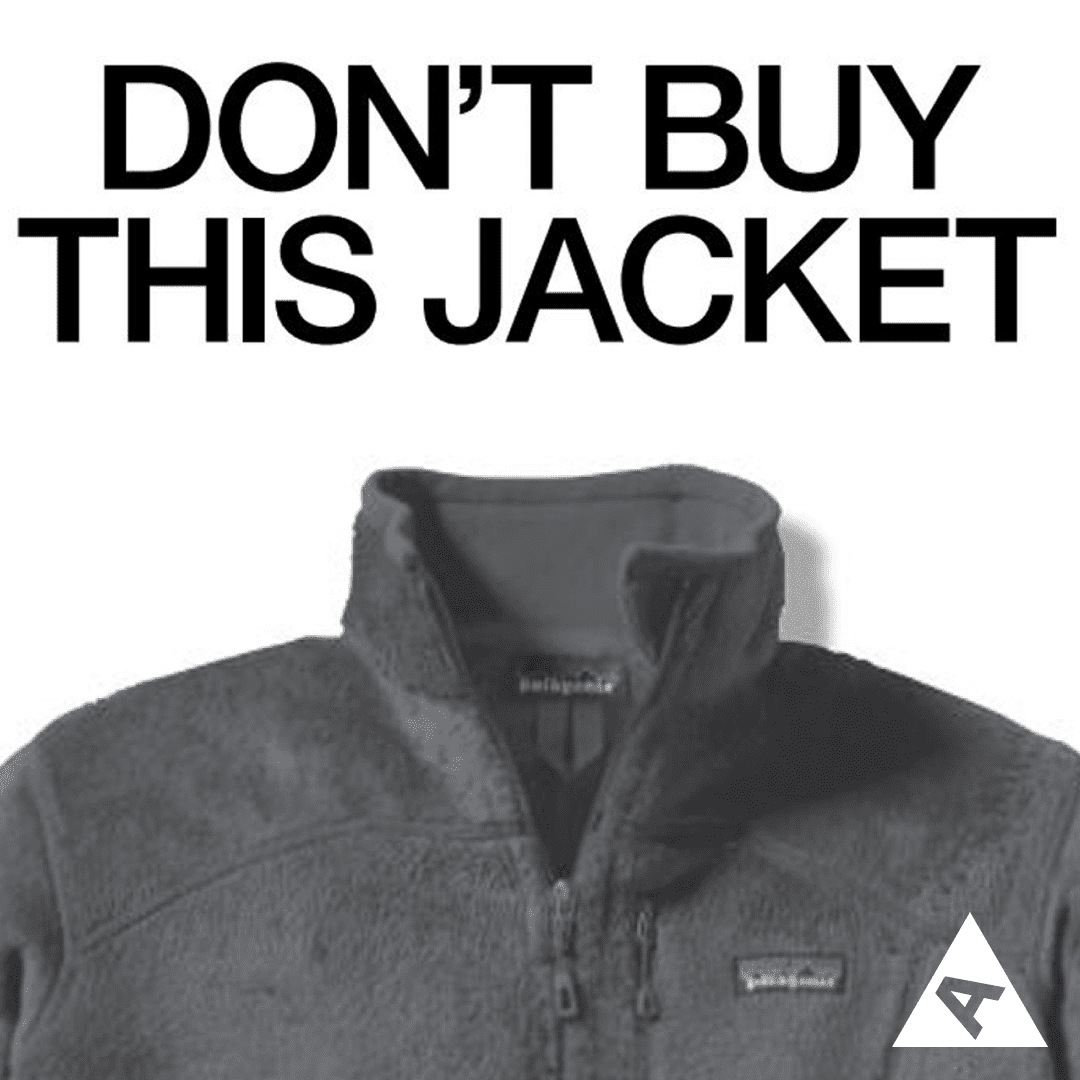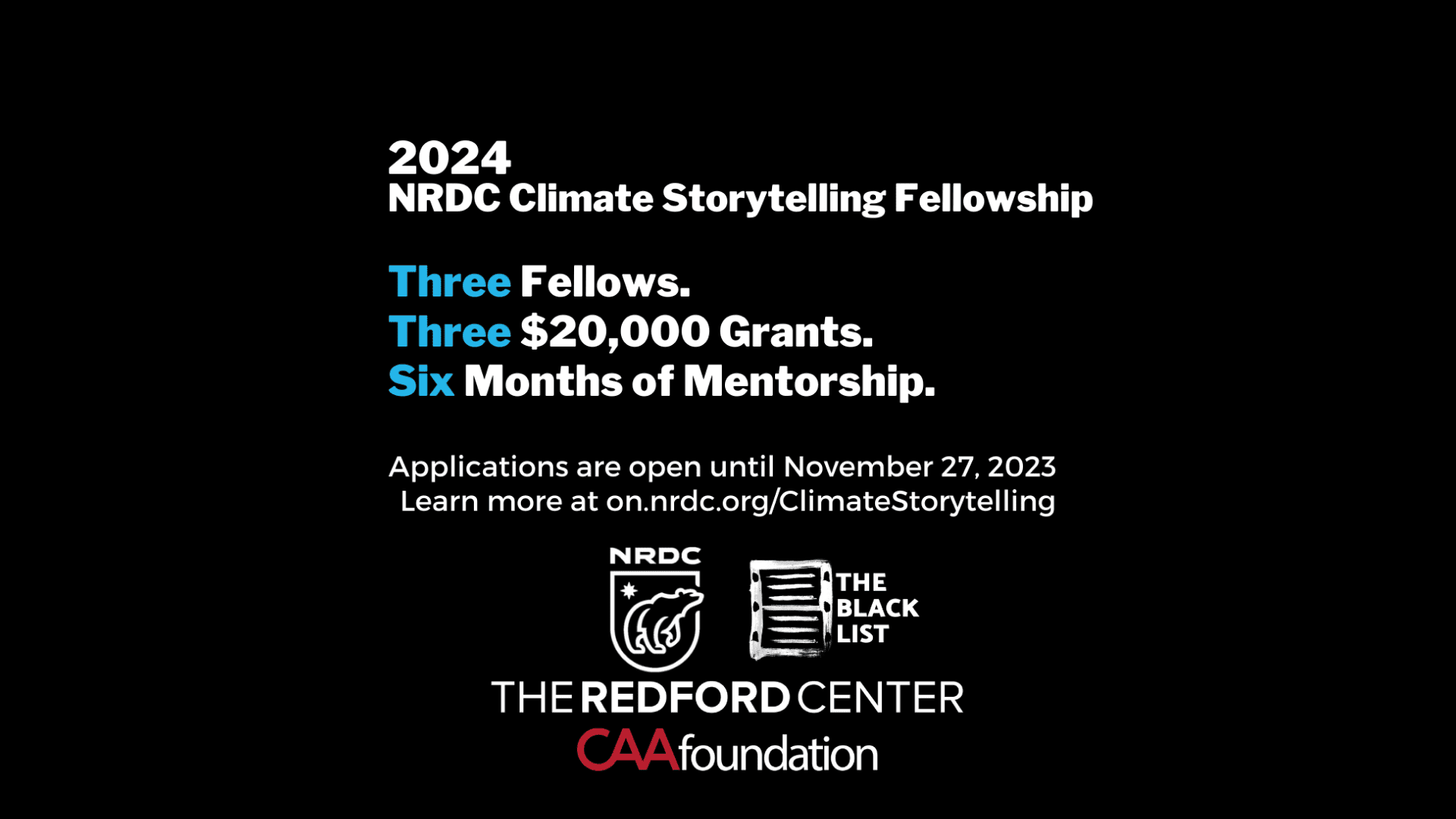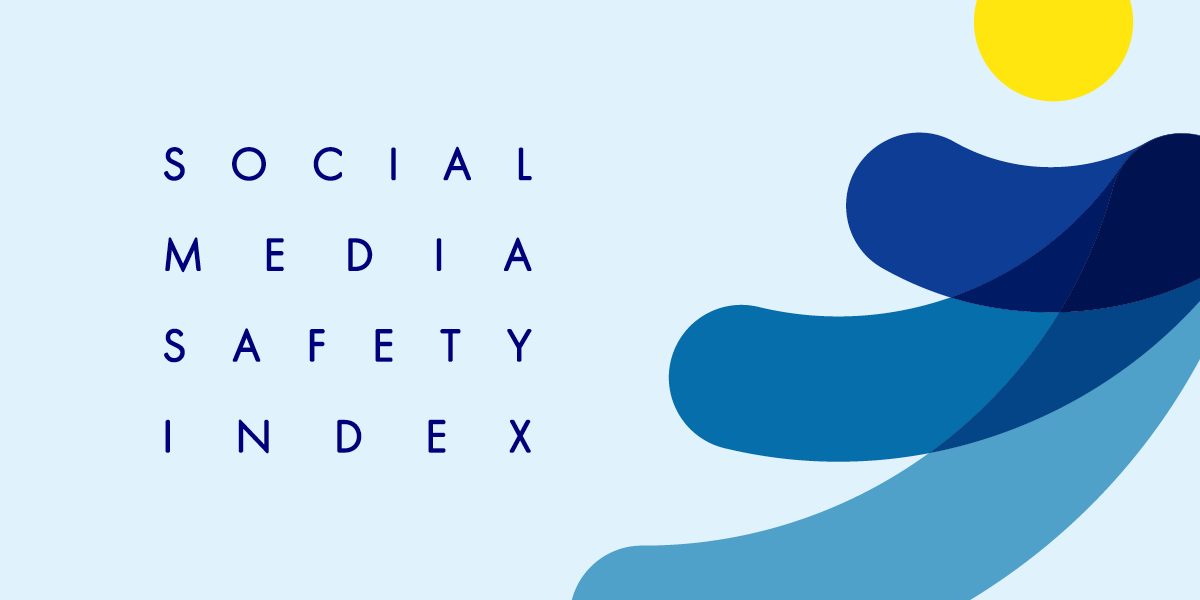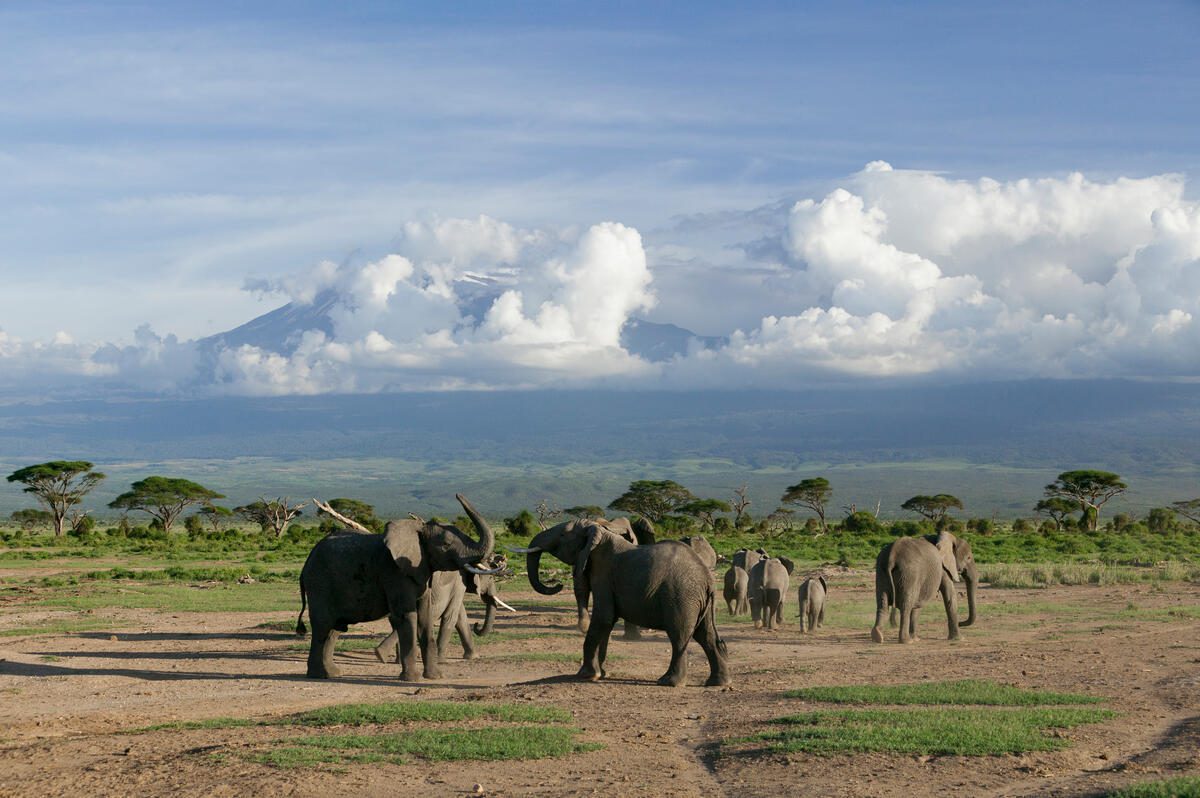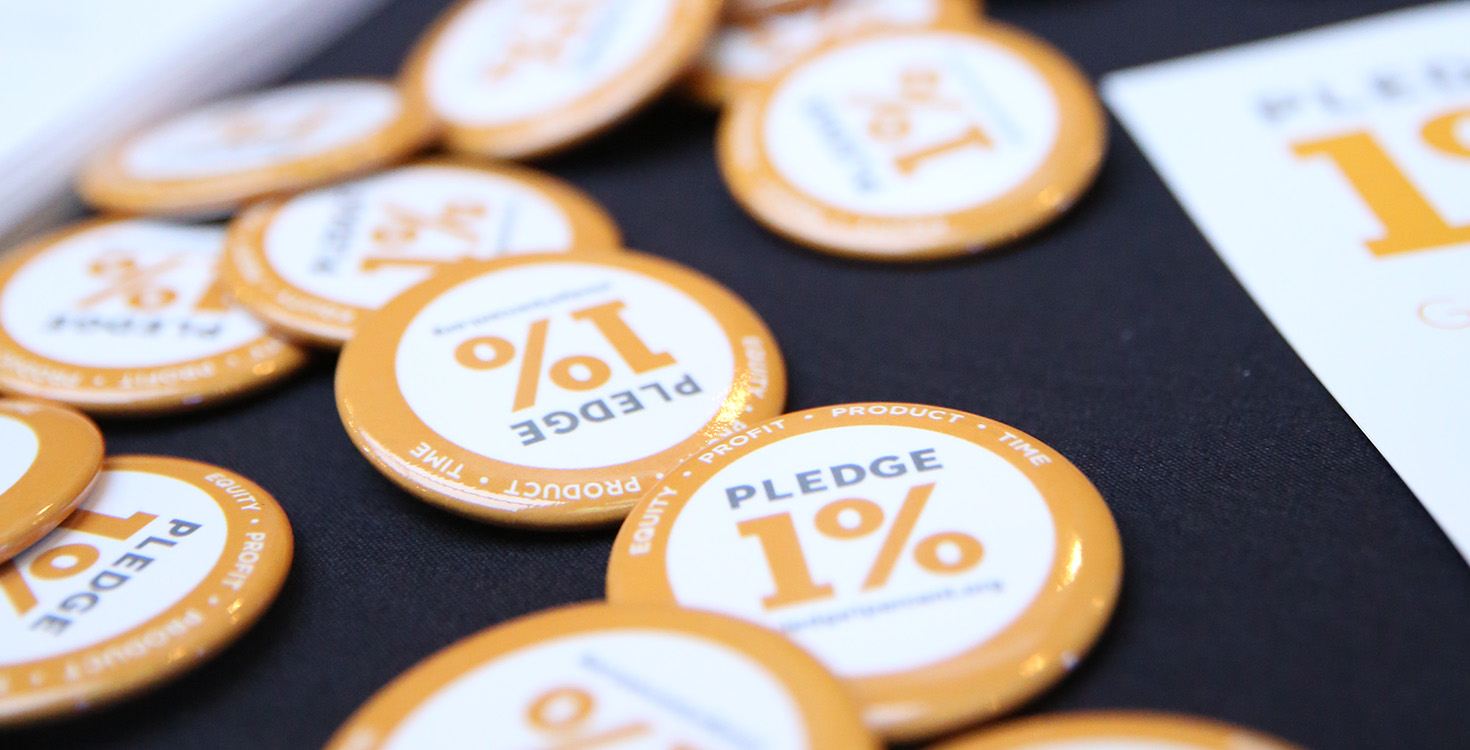Ad Council’s Love Has No Labels Movement
Love Has No Labels is a movement by The Ad Council to promote diversity, equity and inclusion of all people across race, religion, gender, sexual orientation, age and ability. Read our Q&A with Heidi Arthur, the Ad Council’s Chief Campaign Development Officer on the team behind LHNL collaborates with partners to combat implicit bias—from crafting PSAs to driving viewers to take action, to how brands and companies should approach corporate social responsibility with authenticity.

It all started with your prolific Love Has No Labels campaign in 2015. How did you move this campaign beyond awareness, and transform it into a larger movement that drives action?
The message of Love Has No Labels is positive and inspiring, and it’s universal – it resonates with everyone on a personal level regardless of race, religion, gender identity, sexual orientation, age or ability. Even in some of the most divisive and challenging times in our country, our partners have been eager to raise their hands to offer resources, ways to support historically marginalized communities, as well as tangible actions people can take to unite minds and hearts all across the country. Our hope is that our PSAs inspire everyone to act inclusively and always lead with compassion. But more than just resonating with people in America, we knew the main challenge of this effort was to inspire action, empower people to rethink their biases and make a difference in their communities. And we’re very lucky to have some of the best collaborators to ensure Love Has No Labels could continue momentum: agency R/GA who help us creatively bring Love Has No Labels to life from its inception, nonprofit partners such as GLAAD, Human Rights Campaign and the Anti-Defamation League (ADL) who bring the issue expertise, corporate partners like Bank of America, Johnson & Johnson, Google, State Farm and Walmart who bring LHNL to the world stage.
Why is it so important to not only fight for more representation of identities, but to tackle implicit bias using advertising and media?
The goal of the Ad Council’s Love Has No Labels campaign has always been to flood culture with messages of unbiased love and to celebrate diversity in an effort to reduce bias and promote inclusion. Implicit biases often perpetuate stereotypes and generalized assumptions based on identity labels, and our campaign offers a safe space for folks to learn, reflect and choose inclusive actions that foster acceptance within their communities. Because our campaign reaches such a diverse range of communities across the nation, it’s especially crucial that we use our platforms to champion representation and combat implicit bias. All of the Love Has No Labels campaign efforts direct audiences to lovehasnolabels.com for more ways to take action and learn how to create a more understanding and inclusive world.
From producing video content to social media to blog stories, Love Has No Labels tells authentic stories of inclusion. What are the most important factors storytellers should keep in mind to tell cause-related stories authentically and holistically?
Knowing your audience is key in developing any cause-related creative and bringing in diverse and expert perspectives every step of the way. Conduct qualitative and quantitative research or listening tours with the audience that you’re hoping to reach with this work – it will allow you to test how your creative content is resonating with them and the opportunity to address any red flags. Beyond advocating for representation on screen, we also champion diversity behind the camera: from the creatives who work on the PSA to the vendors who we partner with to create impactful content tied to key cultural and heritage moments. As storytellers, we need to have diverse voices and points-of-view present in the room in order to create messaging that will feel authentic to different audiences.
Love Has No Labels aims to equip individuals with tools to unpack bias and act inclusively in the different areas of their lives. How do you develop these resources? How do you ensure these meet people where they are on their unique journeys?
We work with our coalition of nonprofit partners to collaborate on the resources that we offer to our followers, bringing in subject matter and issue experts as consultants. This year, we brought on new nonprofit partners GLAAD and Asian Americans Advancing Justice (AAAJ) to help further amplify the Love Has No Labels campaign and mission.
Longtime partners like the Anti-Defamation League (ADL), Human Rights Campaign, Disability:IN and UnidosUS have all been instrumental resources to us in creating impactful conversations guides and questions to reflect/connect that the general American public can leverage to foster inclusion. No matter where you are in your unique journey, there’s something for everyone to learn from on our resources hub.
How has the focus of Love Has No Labels’ initiatives shifted since the campaign launched six years ago, especially during the last year marked by the pandemic, racial justice protests, and increased attacks?
We know that since the launch of our campaign, significantly more adults agree that they can create a more accepting and inclusive environment (61% in March 2015 to 73% in January 2021), according to a survey commissioned by the Ad Council and conducted by Ipsos, Public Affairs.
In response to the racially-targeted hate crimes (due to systemic racism and exacerbated by the pandemic) that have happened throughout history and in the past year, Love Has No Labels has released a number of milestone launches to address the glaring inequities. Our “Fight For Freedom” film took a stance on racial injustice by looking at the stark contrast of privilege and simple freedoms many take for granted in the face of systemic racism, while “Fight the Virus. Fight the Bias.” worked to dispel the misconceptions and rise in harassment that the API community has been experiencing amid COVID-19.
This year, many companies and agencies have been called to evaluate the impact of their work. How do you convince a brand client that they should be engaging in social impact work?
If the success of the Love Has No Labels campaign has done one thing, it’s proven that there is an appetite among Americans today for content that can bring us closer together. With more brands passionately tapping into corporate social responsibility and DEI, this work should always be embedded within the DNA of any company. There is a more concerted effort from brands and corporations to approach social impact work with dedicated strategies – without being opportunistic or tokenizing – that help ensure sustainability and authenticity of your CSR efforts.
What has your team at the Ad Council learned throughout the years of working in this space that you take into your work?
Over the last 75 years, the Ad Council’s public service campaigns have raised awareness and changed attitudes around many of the most critical social issues facing our country. We leverage the passion and goodwill of today’s brightest minds to identify, research, create and distribute world class creative to achieve exponential impact across different social issues. And in the last year alone we’ve learned firsthand just how great our impact can be when we work together. On this campaign and others, we’ve been blown away by the number of partners across industries who are raising their hands and stepping up to aid us in making a positive change in American society through communications efforts. By bringing together the brightest minds in media, tech, advertising and marketing, we are redefining the power of communications through social good campaigns that inspire action and improve lives.


